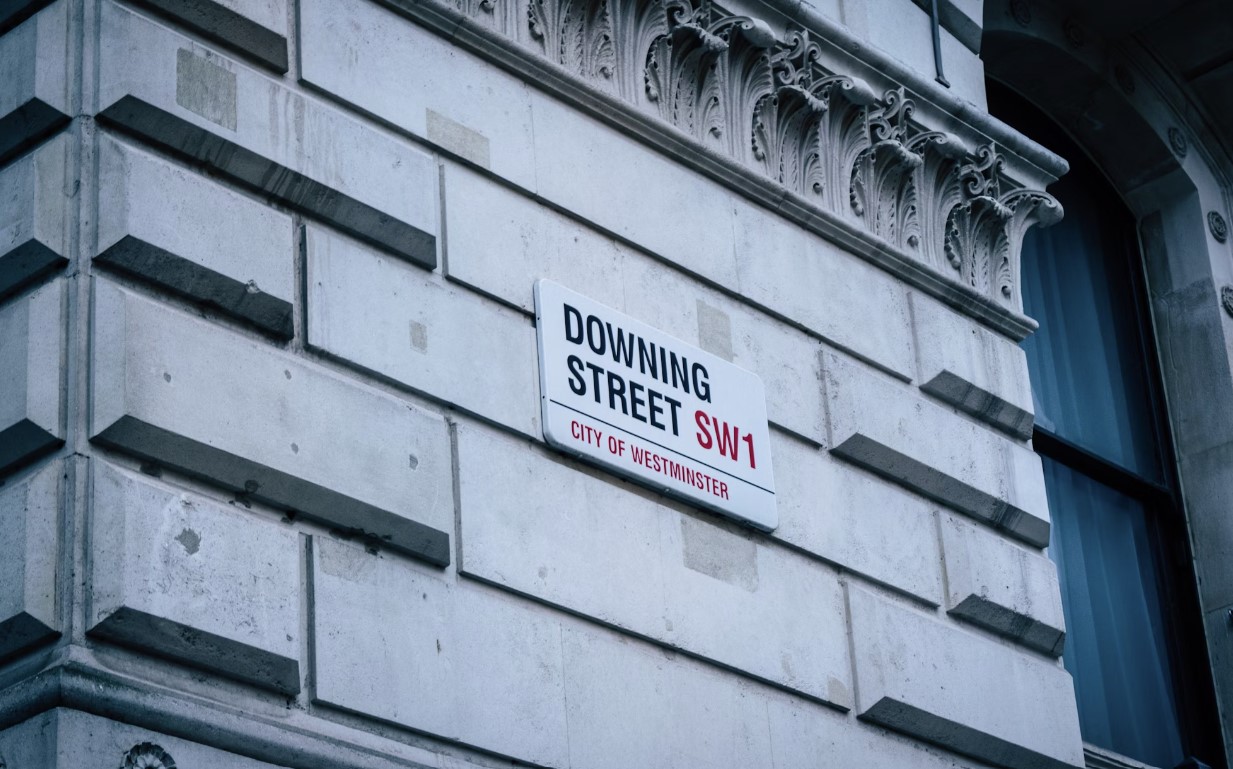In the days before today’s UK election results and the country’s ejection of the first ever British prime minister with a previous career at Goldman Sachs, there was a waft of excitement around London banking jobs.
Get Morning Coffee ☕ in your inbox. Sign up here.
Bloomberg reported earlier this week that Shore Capital had hired five bankers in the expectation of a rebound in IPOs. Their transplantation followed the revelation that the newly fused Panmure Liberum is adding new private capital and debt advisory units.
Now that the UK has a government that marks a “return to decency”, there’s hope that hiring might pick up even more. David Postings, chief executive of UK Finance, is onboard with the optimism. “Labour have described financial services as one of the UK’s greatest success stories and said they will champion the sector,” Postings enthused today.
Why Labour’s plans for banking and financial services look good
Labour itself has fanned the enthusiasm. Its manifesto “Plan for Financial Services” makes promising declarations like, “Growth in the financial services sector is growth for the whole economy,” and notes that the financial services sector employs over one million people.
The financial services sector also provides around £110bn in tax revenues according to the CityUK, or over 12% of the total. With the national debt at its highest proportion of GDP since the 1960s, this matters.
Labour’s manifesto intentions for financial services are therefore about growing rather than depleting the financial services industry. They moot the creation of “regional financial centres”, and propose “streamlining the regulatory rulebook.” There’s talk of “making the UK a global hub for green finance activity,” “becoming a global leader for the use of AI in FS” of “reinvigorating capital markets,” and increasing institutional investment in venture capital along with investment in green industries and infrastructure.
There’s also the proposed creation of “National Wealth Fund”. This won’t be a UK sovereign wealth fund, but a “policy bank”capitalized with £7.3bn to invest in ports, “giga-factories”, the steel industry, carbon capture and hydrogen.
Will this be enought to revive UK banking jobs? After a 73% year-on-year increase in UK M&A activity in the first six months of the year and with even Peel Hunt sounding optimistic about an IPO recovery in early June, the. Under the previous Labour government, financial services’ contribution to GDP went from 6.5% to 9% in a decade. Nick Dunbar thinks Barclays, in particular, could benefit from a more friendly governmental approach.
Why Labour’s plans for banking and financial services are unlikely to change much
And yet, this is not 1997. Deutsche Bank’s UK economists observe that Keir Starmer is not in a position to unleash the kind of “very positive UK market (FX, bonds, stocks) reaction within hours of taking office,” that Gordon Brown achieved by giving the Bank of England independence over monetary policy.
William Wright, managing director of think-tank New Financial, suggests that the Starmer government is in fact the continuity candidate: capital markets and pension reforms already underway will simply continue. Another senior banker agrees that the new government is unlikely to make much difference to London firms’ enthusiasm to hire new staff.
Instead, the real impact on UK banking jobs from Keir Starmer’s government may be the perception of competence and continuity in the broader global context. As Paras Anand, chief investment officer at Artemis Investment Management, notes, amidst the political uncertainty in France and the US, the UK has the potential to go from being, “a poster child for political instability and volatility around economic strategy,” to becoming “a bastion of relative stability.” Sterling denominated assets could recover as a result, he says.
Coupled with what Deutsche Bank’s economists are predicting will be four quarter point rate cuts before the end of the year (subject to the new government’s fiscal neutrality), this stability could encourage banks to hire in London – particularly amidst concern in Paris.
However, it’s also worth remembering that recovering UK asset prices may not be a straight positive for UK banking jobs. In the first six months of the year, the London Stock Exchange Group says that 73% of UK target M&A involved a foreign buyer. If the pound recovers, those buyers will find UK companies a lot less appealing and M&A bankers will have less to do – unless enthusiastic domestic buyers fill the gap.
Have a confidential story, tip, or comment you’d like to share? Contact: +44 7537 182250 (SMS, WhatsApp or voicemail). Telegram: @SarahButcher. Click here to fill in our anonymous form, or email editortips@efinancialcareers.com. Signal also available.
Bear with us if you leave a comment at the bottom of this article: all our comments are moderated by human beings. Sometimes these humans might be asleep, or away from their desks, so it may take a while for your comment to appear. Eventually it will – unless it’s offensive or libelous (in which case it won’t.)

